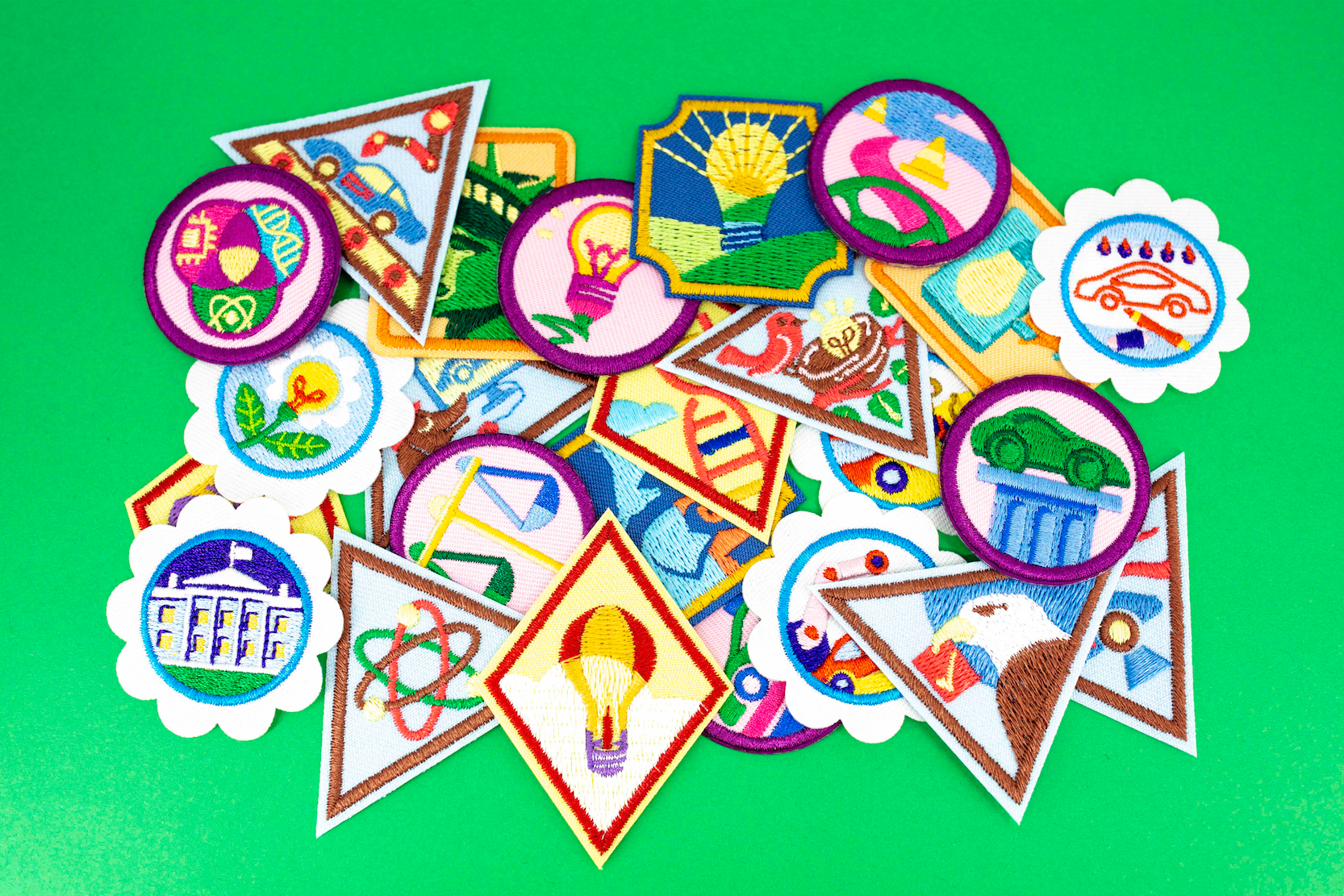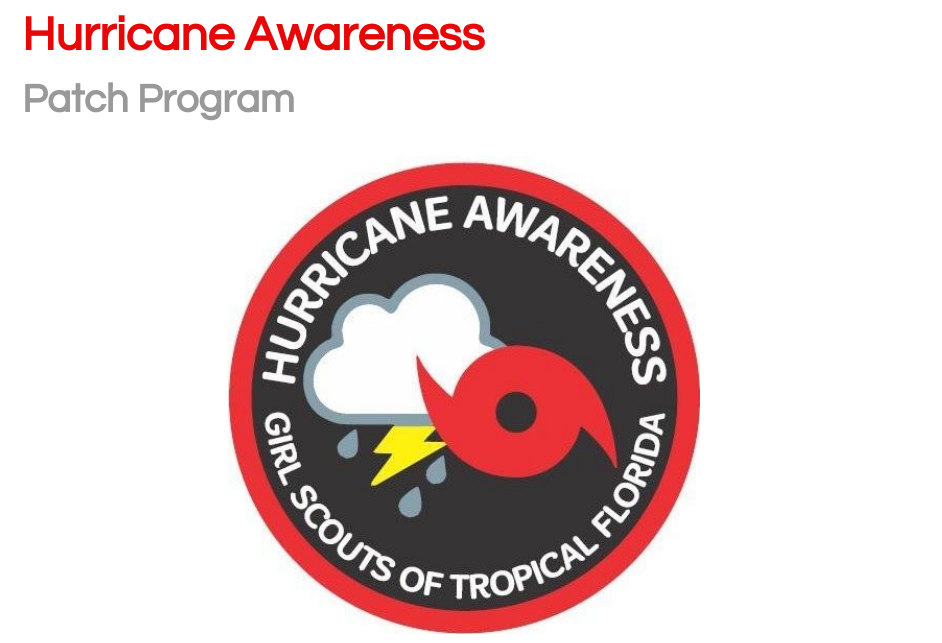 Featured
Featured
Helpful info from the Substance Abuse and Mental Health Services Administration.
View the full resource here.
Everyone reacts differently to stressful situations such as an infectious disease outbreak that requires social distancing, quarantine, or isolation.
People may feel anxiety, worry, or fear related to:
- Your own health status
- The health status of others whom you may have exposed to the disease
- The resentment that your friends and family may feel if they need to go into quarantine as a result of contact with you
- The experience of monitoring yourself, or being monitored by others for signs and symptoms of the disease
- Time taken off from work and the potential loss of income and job security
- The challenges of securing things you need, such as groceries and personal care items
- Concern about being able to effectively care for children or others in your care
- Uncertainty or frustration about how long you will need to remain in this situation, and uncertainty about the future
- Loneliness associated with feeling cut off from the world and from loved ones
- Anger if you think you were exposed to the disease because of others’ negligence
- Boredom and frustration because you may not be able to work or engage in regular day-to-day activities
- Uncertainty or ambivalence about the situation
- A desire to use alcohol or drugs to cope
- Symptoms of depression, such as feelings of hopelessness, changes in appetite, or sleeping too little or too much
- Symptoms of post-traumatic stress disorder (PTSD), such as intrusive distressing memories, flashbacks (reliving the event), nightmares, changes in thoughts and mood, and being easily startled
If you or a loved one experience any of these reactions for 2 to 4 weeks or more, contact your health care provider or one of the resources at the end of this tip sheet.









